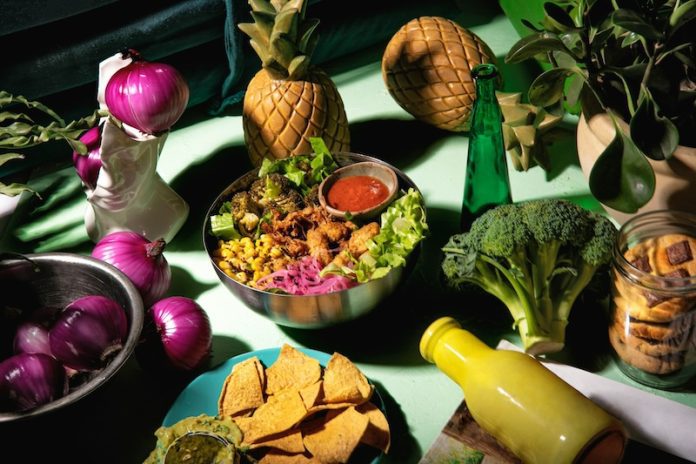
Keto diets have become a popular way to lose weight and improve health.
Traditionally, these diets focus on high fat and low carbohydrate intake, often featuring a lot of animal products.
However, a vegan keto diet offers a plant-based twist on this approach, combining the principles of ketogenic eating with veganism.
Here’s a straightforward guide to what the vegan keto diet is, its benefits, what you can eat, and some evidence supporting its health impacts.
The vegan keto diet merges two dietary philosophies: veganism, which avoids all animal products, and the ketogenic diet, which minimizes carbohydrate intake to encourage the body to burn fat for energy.
This shift forces the body into a state called ketosis, where fats are broken down into ketones, an alternative energy source. Achieving ketosis on a vegan diet is challenging because many plant-based foods are naturally high in carbohydrates.
Despite the challenges, the benefits of a vegan keto diet can be significant. For one, it might help with weight loss. By limiting carbs, the body uses stored fat for energy, potentially leading to rapid weight loss.
Research also suggests that a vegan keto diet could improve heart health by reducing levels of bad cholesterol (LDL) and increasing good cholesterol (HDL).
Moreover, the high intake of vegetables, nuts, and seeds means you’re consuming lots of fiber, vitamins, and minerals, which contribute to overall health.
What can you eat on a vegan keto diet? The food list includes:
- Fats and Oils: Coconut oil, olive oil, avocado oil, and vegan butters.
- Proteins: Tofu, tempeh, seitan, and vegan protein powders.
- Low-Carb Vegetables: Leafy greens, broccoli, cauliflower, zucchini, and bell peppers.
- Nuts and Seeds: Almonds, walnuts, flaxseeds, chia seeds, and hemp seeds.
- Dairy Alternatives: Unsweetened coconut-based yogurt, almond milk, and vegan cheeses.
- Fruits: Avocados and small portions of berries like raspberries and blackberries.
Incorporating these foods into your diet while avoiding high-carb staples like grains, legumes, and most fruits is key to maintaining ketosis on a vegan keto diet.
Scientific evidence supporting the vegan keto diet’s benefits continues to grow, although it’s less extensive than for traditional keto diets.
Some studies have shown that a well-planned vegan diet can help manage weight, improve heart health, and reduce the risk of chronic diseases, such as diabetes and certain cancers.
When combined with the principles of keto, these benefits could be enhanced due to the added impact on metabolism and fat loss.
However, there are important considerations before starting a vegan keto diet. Nutrient deficiencies can be a concern, especially for nutrients commonly sourced from animal products, such as vitamin B12, iron, calcium, and omega-3 fatty acids.
It’s crucial to plan meals carefully or consider supplements to meet your nutritional needs.
In conclusion, the vegan keto diet is an innovative approach that combines the benefits of plant-based eating with the metabolic changes induced by a ketogenic diet.
It offers a compelling option for those looking to manage weight and improve health without animal products.
If you’re considering a vegan keto diet, it’s advisable to consult with a healthcare provider or a dietitian to ensure it’s appropriately tailored to your health needs, ensuring you reap the benefits while maintaining nutritional balance.
This diet, while restrictive, could be a sustainable and healthful way of eating for the right individual.
Follow us on Twitter for more articles about this topic.
Copyright © 2024 Scientific Diet. All rights reserved.





